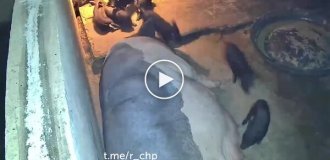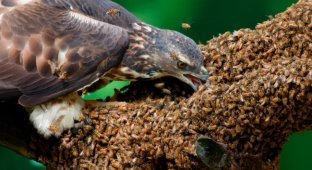The life of megapodes – birds that don't hatch chicks (8 photos + 1 video)
In the avian world, incubating eggs using body heat is the accepted norm, but there's an entire family of birds that defies this tradition. 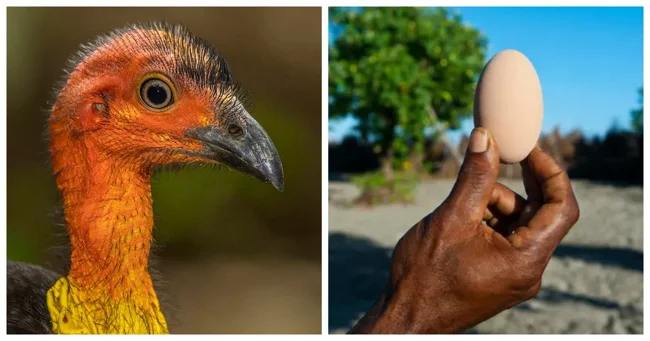
We're talking about megapodes, or megapodes, whose unique reproductive strategy is astounding. 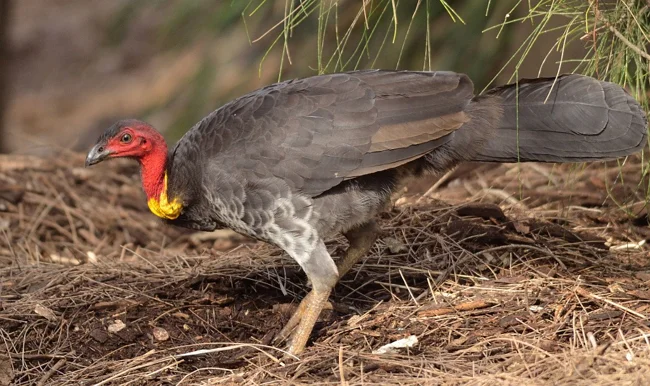
These birds, resembling common chickens in appearance, have a stocky build, short wings, and unusually developed, strong legs. Their main characteristic is their complete refusal to brood their eggs. 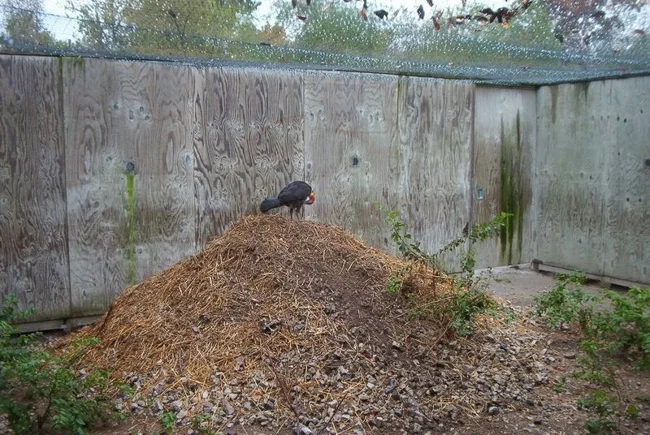
Instead, they have developed an intriguing system for utilizing external heat sources. Depending on their habitat, megapodes either bury their eggs in volcanic sand on sunny beaches or in geothermal zones, or construct large incubation mounds of organic matter, where heat is generated by decomposing vegetation. 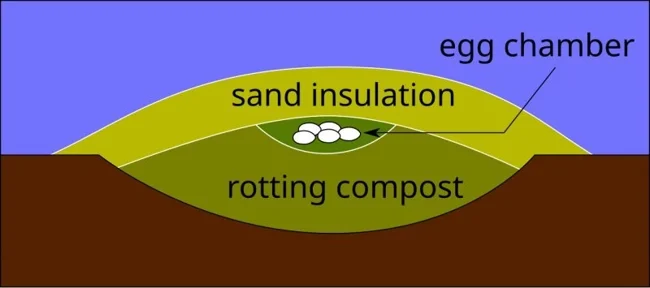
Males act exclusively as architects and temperature regulators. After laying the eggs, the female abandons the nest, leaving all care of the future offspring to her partner. The male meticulously controls the temperature by adding or removing layers of bedding. 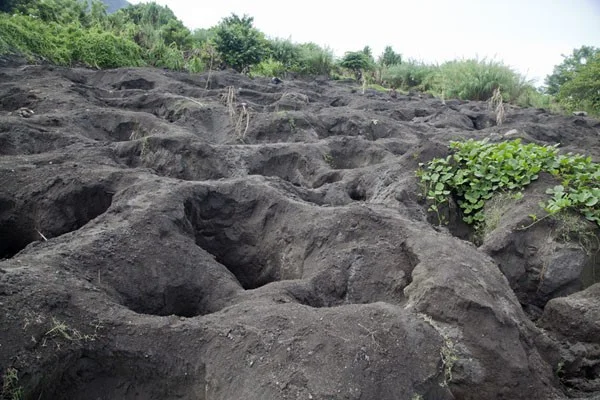
This approach results in the birth of exceptionally developed chicks. They arrive fully formed—feathered and ready to fly. From the first hours of life, they independently emerge from the nesting chamber and begin foraging for food, without any parental care. 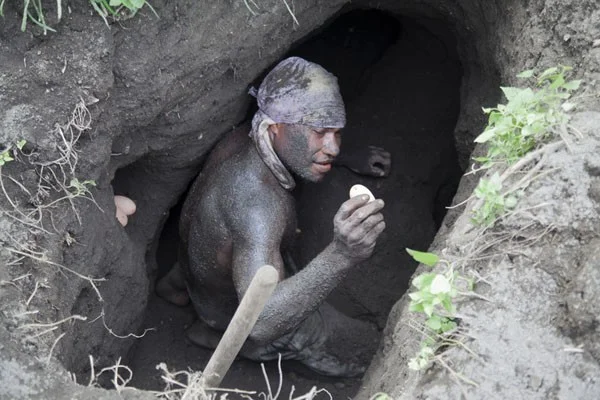
The range of twenty-two megapode species spans island territories from Indonesia to Polynesia, including Australia and the Andaman Islands. For locals, their eggs, larger than chicken eggs with large yolks, have become a valuable food resource and trade item. 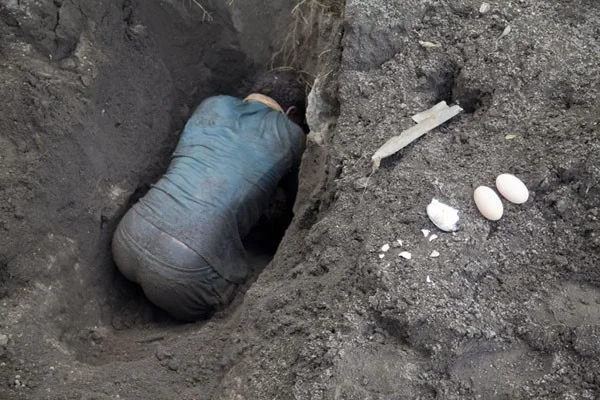
On some Oceanic islands, such as Savo, with its volcanically active soils, entire "egg farms" have formed, where the birds bury their clutches at a depth of one meter. The traditional process of egg collection has evolved into a special ritual. Initially, locals carefully dig into the soil with wooden shovels, but at a depth of about 45 centimeters, they switch to manual digging, lying on their stomachs to avoid damaging the fragile shells. 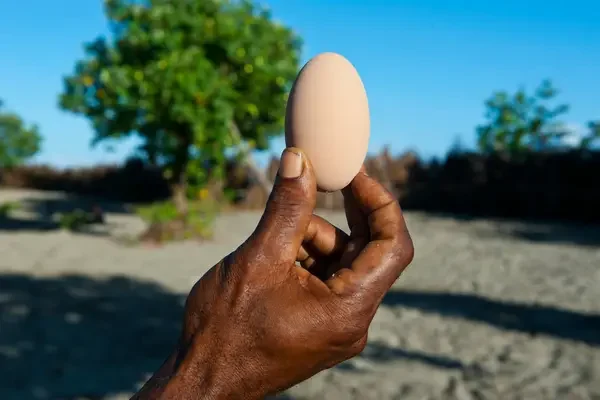
Unfortunately, centuries of exploitation of these unique "deposits" has led to a catastrophic decline in megapode populations, many of which have completely disappeared from the islands of Fiji, Tonga, and New Caledonia.








